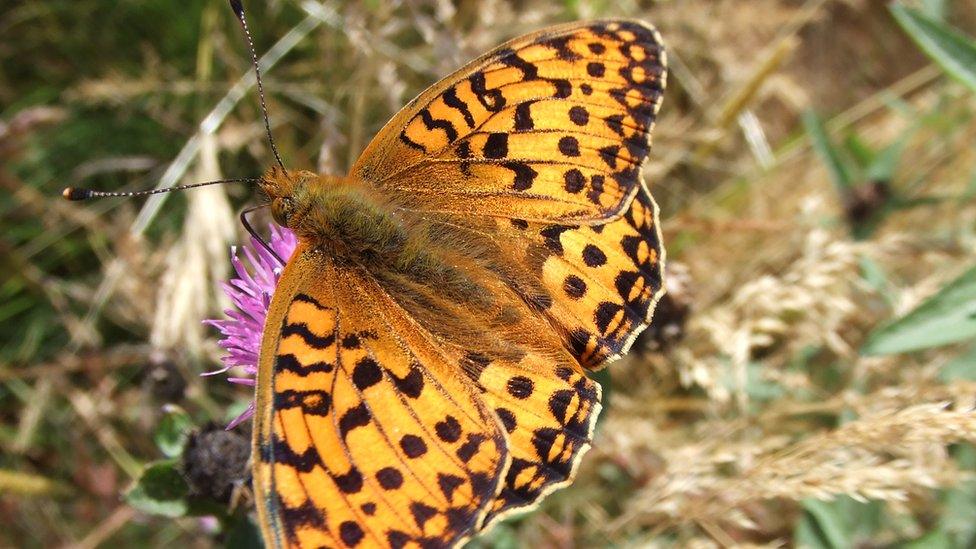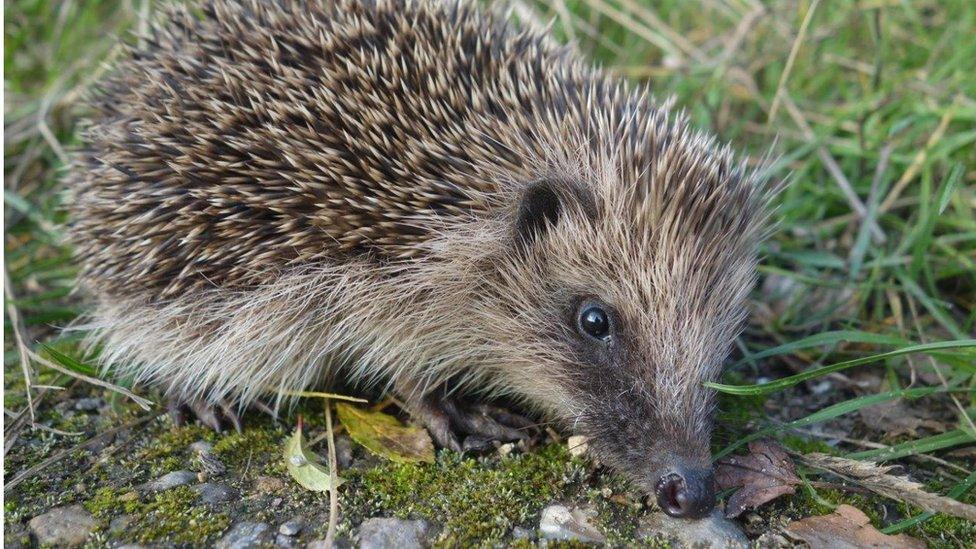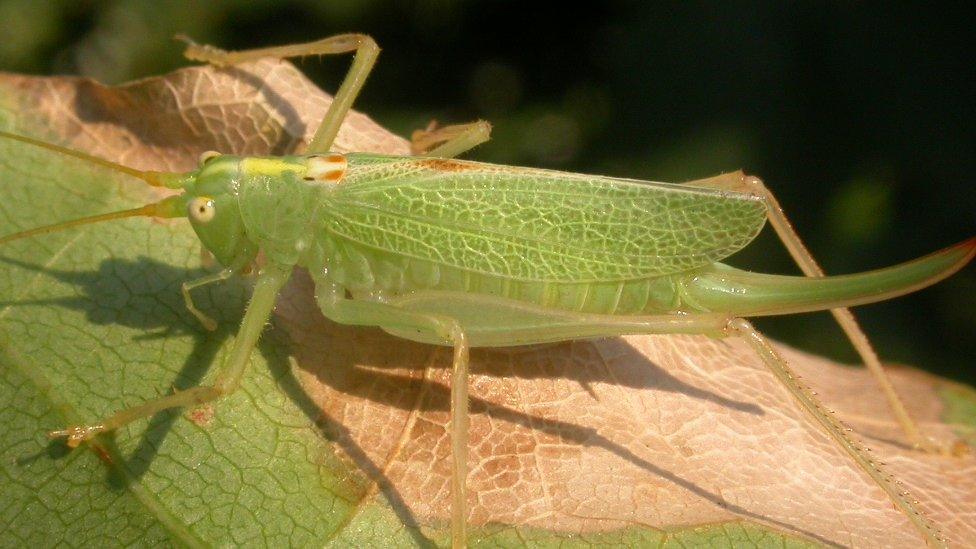State of Britain's wildlife 'increasingly fragile'
- Published

The dark green fritillary butterfly is in decline in parts of England
Britain's wildlife is in an increasingly fragile state, with animals carrying out vital jobs for farmers being lost more rapidly than others, say scientists.
Species that pollinate crops or fight pests are at risk of disappearing, putting food production in jeopardy, according to the team.
The research brings together millions of wildlife records spanning 40 years.
It suggests conservation efforts should focus on certain areas, they add.
Dr Tom Oliver of the University of Reading, who led the research, said it was the biggest and most comprehensive report ever assembled for any country in the world.
"By standardising records from an army of amateur biologists across the country, we have amassed an impressive array of data, giving us our most complete picture yet of the state of Britain's wildlife," he told BBC News.
"The picture that emerges is of an increasingly fragile system, particularly in species that do vital jobs for humans.
"Unless efforts are made to reverse some of these declines, we face a future where we will be less confident that we can effectively grow our food."
Benefits from nature
The researchers looked at records of the changing fortunes of more than 4,000 types of plant and animal living in England, Wales and Scotland between 1970 and 2009.
Species such as bees, dragonflies, grasshoppers, ladybirds, plants and mosses were put into groups based on the role they play in nature.

Hedgehogs are regarded as being culturally important

The oak bush cricket was among 10 types of cricket and earwig analysed
Groups providing pollination and pest control benefits had undergone declines while those involved in functions such as decay or mopping up carbon emissions were more stable.
Plants and animals regarded as of cultural importance to humans, such as birds, butterflies and hedgehogs, also fared badly.
Prof James Bullock, of the Centre for Ecology and Hydrology in Oxfordshire, a co-researcher on the study, said conservation efforts should focus on the areas where there was strong evidence of declining fortunes.
"Conservation actions, such as wildlife friendly farming, can avoid the loss of biodiversity and the resulting erosion of the pollination, pest control and other benefits we derive from nature," he said.
And Dr Oliver said there were a number of measures that individuals could take to help to improve the future for wildlife in the British Isles.
They include:
Making gardens wildlife friendly
Purchasing food grown in a sustainable way to wildlife
Helping to collect data on wildlife.
The study is published in the journal Nature Communications, external.